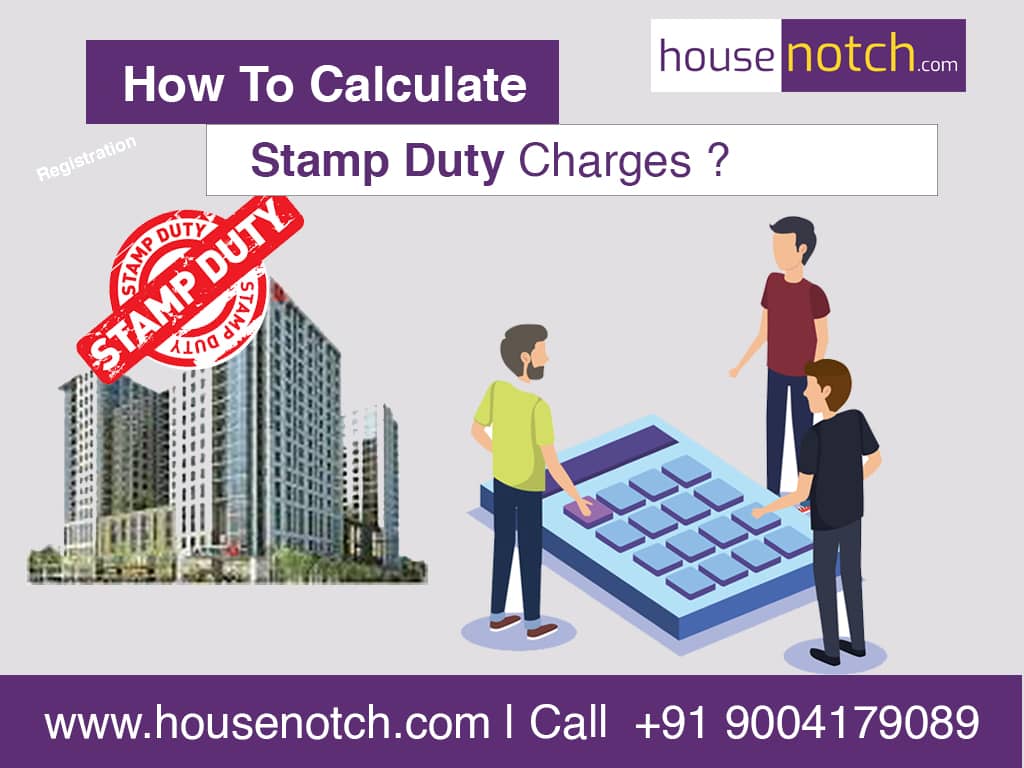In India, stamp duty charges are levied on various transactions, including property purchases, lease agreements, and certain financial instruments. The calculation of stamp duty charges may vary slightly across different states and union territories within India. Here is a general guide on how to calculate stamp duty charges in India:
Identify the transaction:
Determine the type of transaction for which you need to calculate the stamp duty. This could be a property purchase, lease agreement, or other relevant transaction.
Determine the applicable jurisdiction:
Stamp duty rates and regulations are specific to each state or union territory in India. The stamp duty charges will depend on the location where the transaction takes place. Identify the relevant state or union territory where the property or transaction is located.
Obtain the applicable stamp duty rates:
Each state or union territory in India has its own stamp duty rates. These rates can be obtained from the official website of the respective state’s registration department or revenue department. You can also consult local sub-registrar offices or consult with a legal professional for accurate information.
Calculate the taxable value:
The taxable value on which stamp duty is calculated varies based on the nature of the transaction. For property purchases, it is generally the higher of the agreement value or the market value. Some states also have a ready reckoner rate, which is a government-declared rate used to calculate stamp duty.
Apply the stamp duty rates:
Multiply the taxable value by the applicable stamp duty rate to determine the stamp duty payable. For example, if the stamp duty rate is 5% and the taxable value is ₹50, 00,000, the stamp duty would be ₹2, 50,000 (250,000).
Consider additional charges:
In addition to stamp duty, there may be additional charges such as registration fees, surcharges, or other local taxes. These charges can vary by state and transaction type. Consult the relevant state’s registration department or consult with a legal professional to determine any additional charges.
It’s important to note that stamp duty rates and regulations may change periodically, so it’s advisable to check with official sources or consult a legal professional for the most up-to-date and accurate information regarding stamp duty charges in your specific jurisdiction within India.
Click now to calculate stamp duty charges
Conclude:
Hope it is now easily understood about the simple calculation about the stamp duty charges during property registration. Need help on property buying or looking for selling your property feel free to contact us now.


